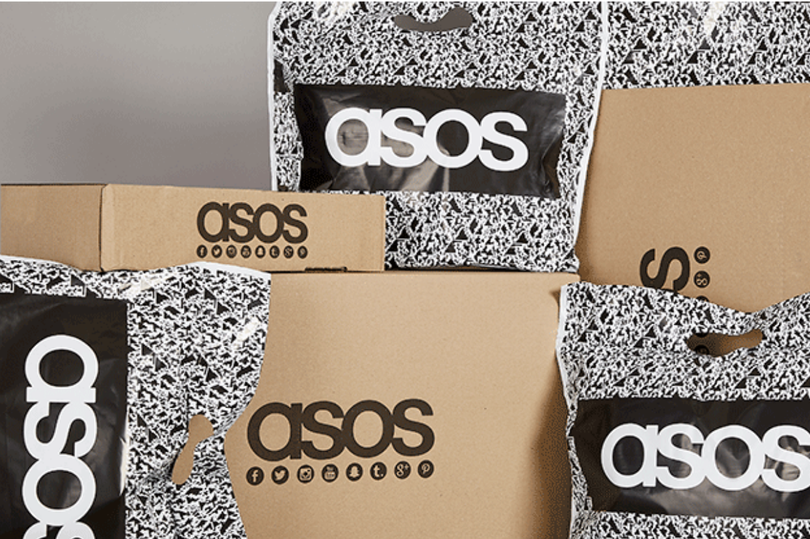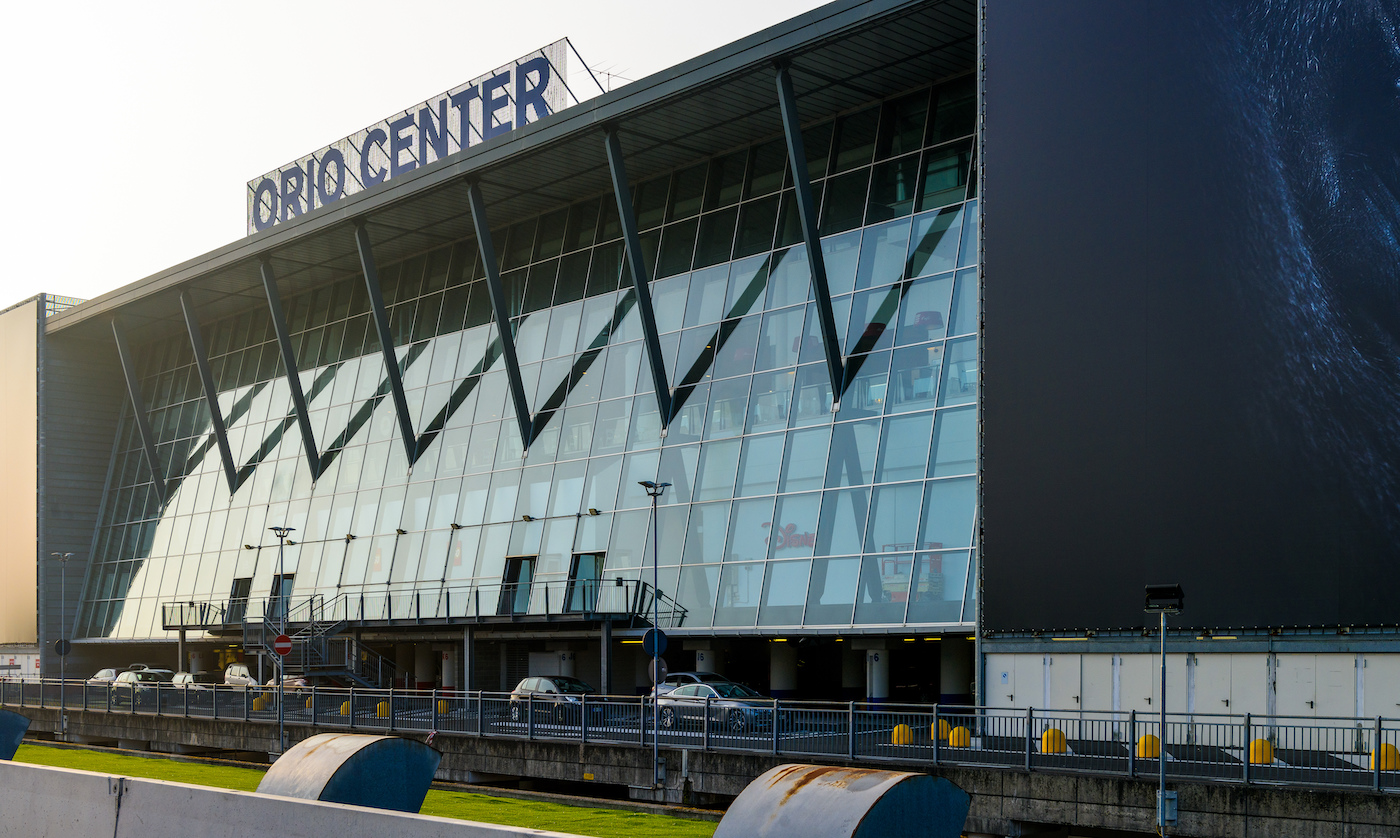Asos, the online fashion retailer, has posted a large loss that is not expected to improve in the short term, as it plans to slash prices to clear a surplus stock of clothes.
The company posted a loss of nearly £32 million (€36.7 million) for the 12 months to August, compared with a profit of £177 million (€203 million) last year.
It said it expects the difficult retail environment to continue, as rising prices, leading to a 40-year high in the UK’s inflation rate, are making people more conscious of their spending.
The increased cost of living has created “an incredibly challenging economic environment”, according to Asos, which also owns Topshop and Topman.
“Within the UK, Asos expects a decline in the apparel market over the next 12 months but remains confident in its ability to take share against that backdrop,” it said.
Asos, together with its rival Boohoo, posted record profits during the COVID-19 pandemic as persons stuck at home splurged on online shopping, but consumers’ enthusiastic return to brick-and-mortar experiences has affected online retail negatively.
In June, Asos noted that cash-strapped consumers were also returning more items bought online, hitting its profits.
Commenting on its loss, Asos said it now planned to rebuild its once-successful business model, sorting out problems with its supply chain and refreshing its fashion ranges.
Jose Antonio Ramos Calamonte, its CEO, said: “The team and I will work resolutely to emerge from these turbulent times as a more resilient and agile business.”
“Today, I have set out a clear change agenda to strengthen Asos over the next 12 months and reorient our business towards the future.
“This includes a number of decisive, short-term operational measures to simplify the business, alongside steps to unlock longer-term sustainable growth by improving our speed to market, reinforcing our focus on fashion, strengthening our top team, and leveraging data and digital developments to better engage customers.”
Malta’s ELT sector sees mixed results in 2024 as student stays shorten but revenues rise
A new report illustrates both opportunities and challenges facing Malta’s ELT industry
Malta flights to Bergamo suspended following fatal incident
An incident resulted in the cancellation of several other flights, with some flights being redirected to nearby airport
Malta’s business economy grows by 15.6% in 2023
While large enterprises continue to play a leading role, SMEs and micro-businesses remain vital pillars of the economy






